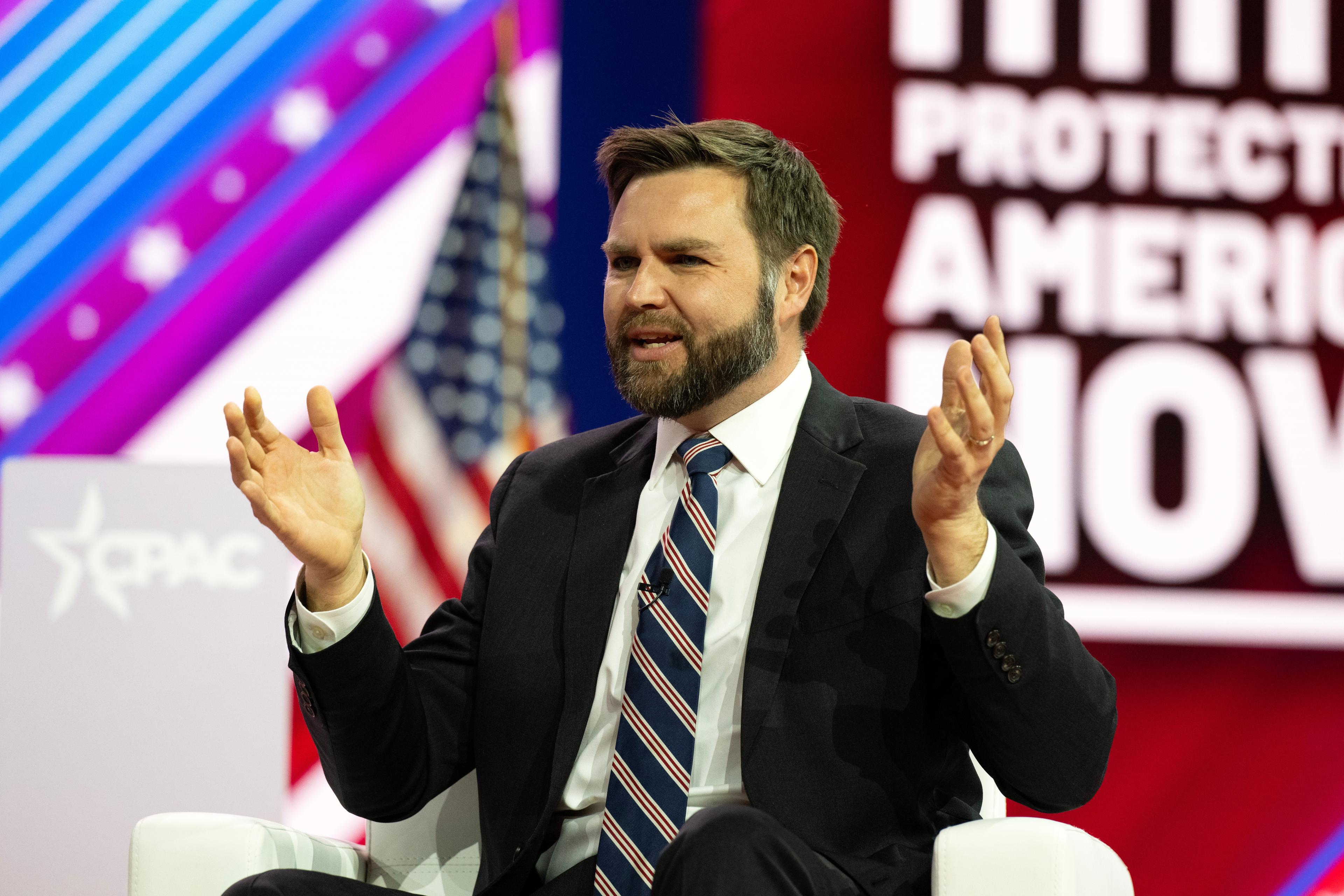Iran, Israel, United States
VP nominee JD Vance - Iran hawk or dove?
Iran watchers on both sides of the aisle aren't in agreement on where Vance stands when it comes to the Islamic Republic.

With the choice of JD Vance as Trump's Vice-Presidential nominee yesterday (Monday), many are left wondering about the young Senator's stances on key foreign policy questions - including relations between the United States and Iran.
According to an analysis by Iran International English, some Iran hawks are pleased. Jason Brodsky, policy director of United Against Nuclear Iran, said he believes Vance's nomination means a return to the "maximum pressure" campaign against Iran conducted in the President's first term.
Others point to Vance's opposition to using US troops to retaliate against Iran on its own soil over attacks on US forces in the region, as well as his speaking at the Quincy Institute, an institution known for taking a position close to isolationism and which favors friendlier relations with Iran.
Vance's pro-Israel stance is evident across multiple policy areas. He has consistently backed U.S. military aid to Israel, including funding for the Iron Dome missile defense system. In the diplomatic arena, Vance supports the Abraham Accords and the relocation of the U.S. embassy to Jerusalem. He has also opposed anti-Israel resolutions in the United Nations.
On Iran, a key regional adversary of Israel, Vance advocates for a hard-line approach. He opposes the Iran Nuclear Deal and calls for increased sanctions on the Iranian regime.
In the wake of the October 7th attacks on Israel, Vance has been particularly outspoken. He delivered a passionate speech on the Senate floor, arguing for increased funding and continued weapons supply to Israel. He has defended Israel's right to self-defense and criticized campus protests against Israel's actions.
Vance's engagement with the Jewish community extends beyond policy statements. He visited Israel for the first time shortly after his election to attend the Conservative Political Action Conference. Ohio Jewish community leaders have described him as a respectful interlocutor who listens to differing viewpoints.